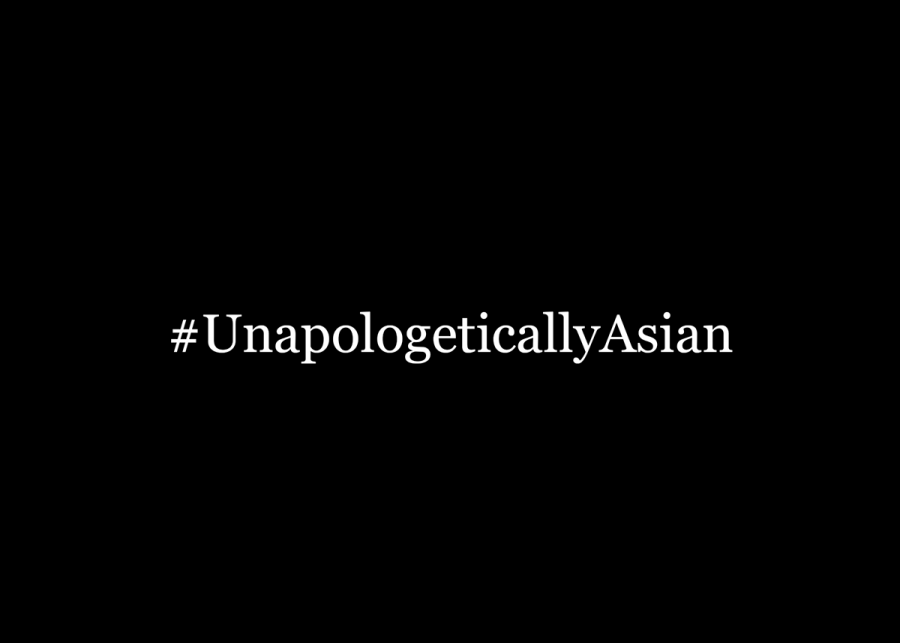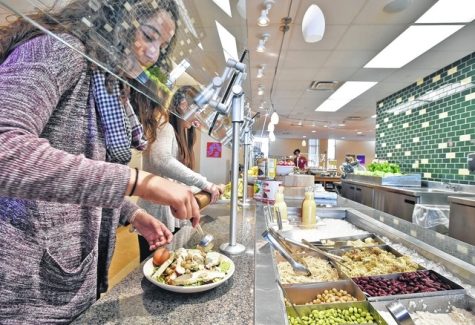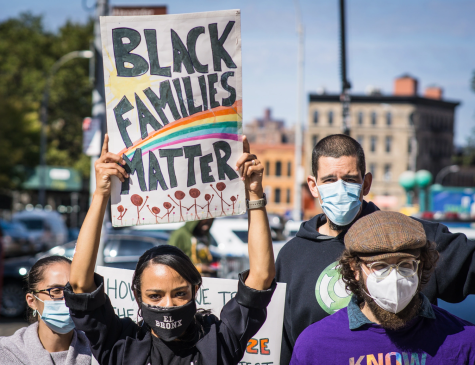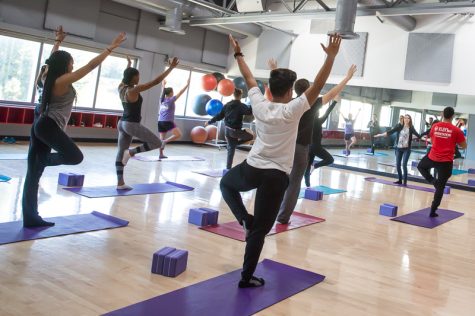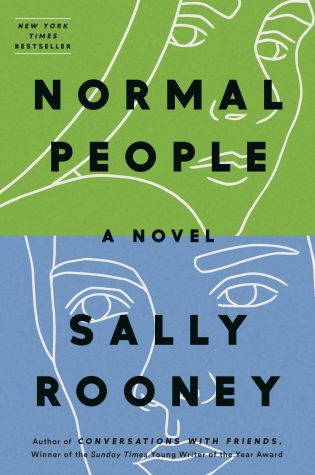COVID-19 influenced society tests the resolve of Asian and Asian Americans
May 7, 2020
In the small farm town of Salinas, California, there isn’t much to do. Other than being in close vicinity to the beaches of Monterey, Salinas is the definition of quaint. Growing up in Salinas, seeing the sun stretch its rays over the mountains and into the farmland filled valley in the early morning was something beautiful at first but became boring to see over time.
However, for its beauty, there was also adversity. My generation would come to remember Salinas for the street gangs that made walking home terrifying. As an Asian American in a predominantly Latinx community, some didn’t think you belonged there, and it showed through their actions. While in recent years things have gotten better, this was one of the reasons why I wanted to pursue higher education outside of the town I grew up in.
Now, with the xenophobic treatment of Asians and Asian Americans rising in America, that same fear as reared it’s ugly head once again.
On social media footage of Asians, a lot of them elderly, being beaten by individuals putting the blame for the novel coronavirus on these innocent people. Instagram accounts that center their content around Asian meme culture have shifted the majority of content to exposing the hate crimes that Asians and Asian Americans are going through.
Instagram accounts such as Jackfroot, garnering almost 57 thousand followers, and Ricefeed, with a following of more than 105 thousand Instagram users, share any hate crimes or xenophobic attacks on Asians and Asian Americans, sometimes in hopes of finding the culprits. The hashtag #UnapologeticallyAsian has been used by celebrities within the Asian American community on social media as a way to get personal stories of growing up in Asian culture.
The side eyes and “Asian stare” have shifted into racism fueled jeers and swinging fists. This shift in the perception of Asian Americans has caused substantial changes to the Asian American community. Reminiscent of the Korean Americans that protected their shops during the 1992 Los Angeles riots, some Asian Americans are now looking for means to protect themselves and their families. Background checks for firearm purchases have increased since March, with media outlets reporting the majority being Asian Americans, according to the Associated Press.
On the other side of the spectrum, organizations such as Asian Americans Advancing Justice, also known as the AAJC, provide resources for Asian Americans experiencing xenophobia and ways to deal with it. On March 6th, 2020, the AAJC teamed up with Pan-Asian mass media brand 88Rising, bringing their “Asia Rising Forever” music festival to fans everywhere. The four-hour livestream had two goals: to celebrate Asian and Asian American culture through unity and to reach their $10,000 fundraising goal for AAJC’s Stand Against Hatred campaign.
Mere minutes past the 2-hour mark of the livestream, the Asia Rising Forever festival hit their $10,000 dollar goal during the Chengu Corp, 2020 Cypher. 88Rising surpassed their initial goal, reaching more than double the $10,000.
Asian American culture has been known for its passivity. However, these weeks leading up to Asian Pacific Heritage Month have pushed the community to adopt an assertive mindset. Manju Kulkarni, The executive director of the Asian Pacific Policy and Planning Council, Manju Kulkarni, believes in this stressful time, Asian Americans should use it as a way to better themselves, according to an interview for internet news organization, Vox Media.
Asian and Asian American representation has seen an influx in media popularity over the past couple of years. Through music, stand up comedy, and films, seeing an Asian face on television started to feel like the norm. Now an Asian person going viral on social media isn’t for their talents or passion but instead through hate crimes being committed against them.
Compared to Salinas, Hayward had felt so safe. Before night drives and hikes with friends were done with the most carefree attitude but now a simple trip to the mailbox fills me with fear. The Bay Area felt like a place of salvation for those seeking refuge from the lack of acceptance they have experienced. However, now it feels like the place that welcomed every walk of life is filled with hate.




